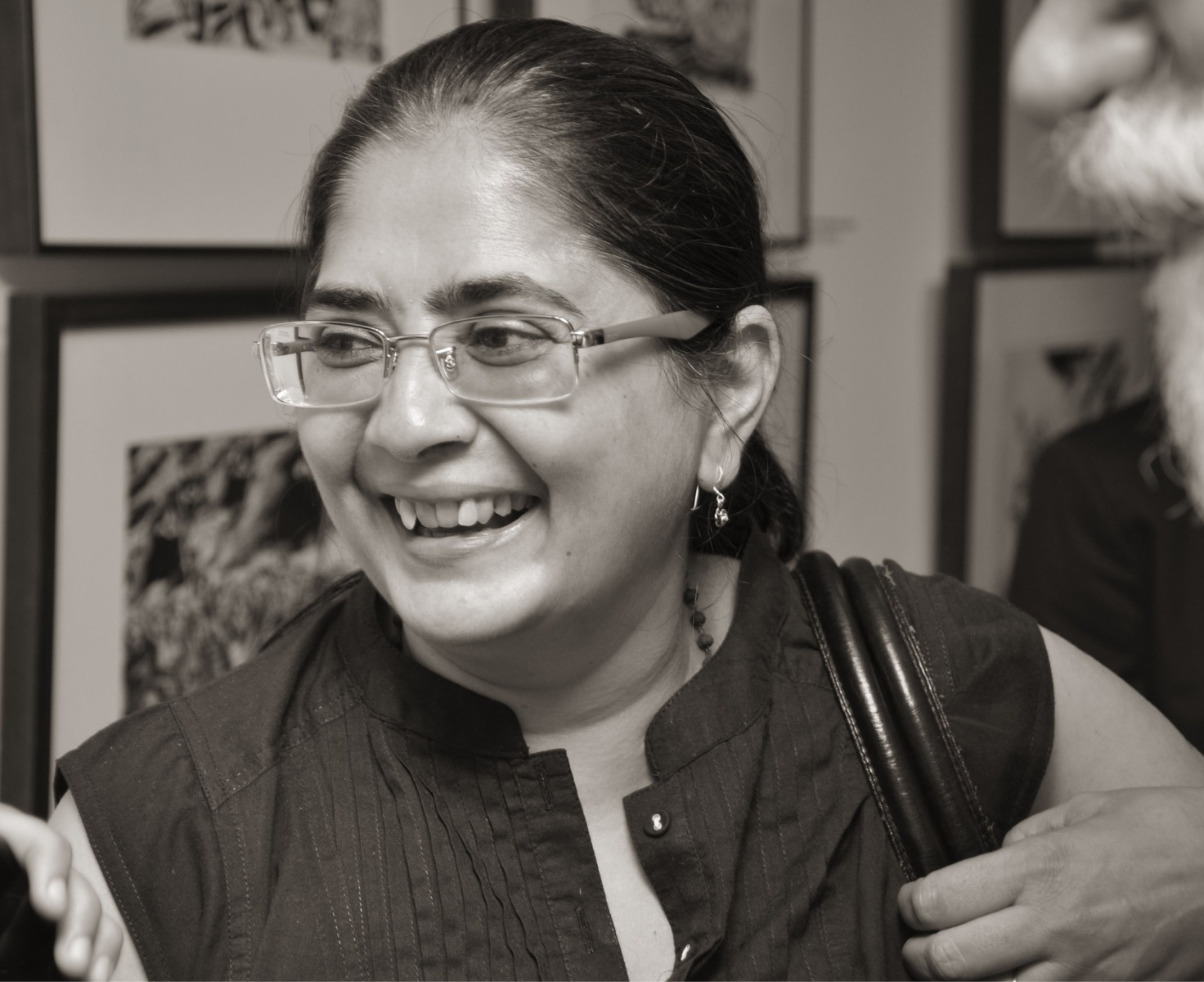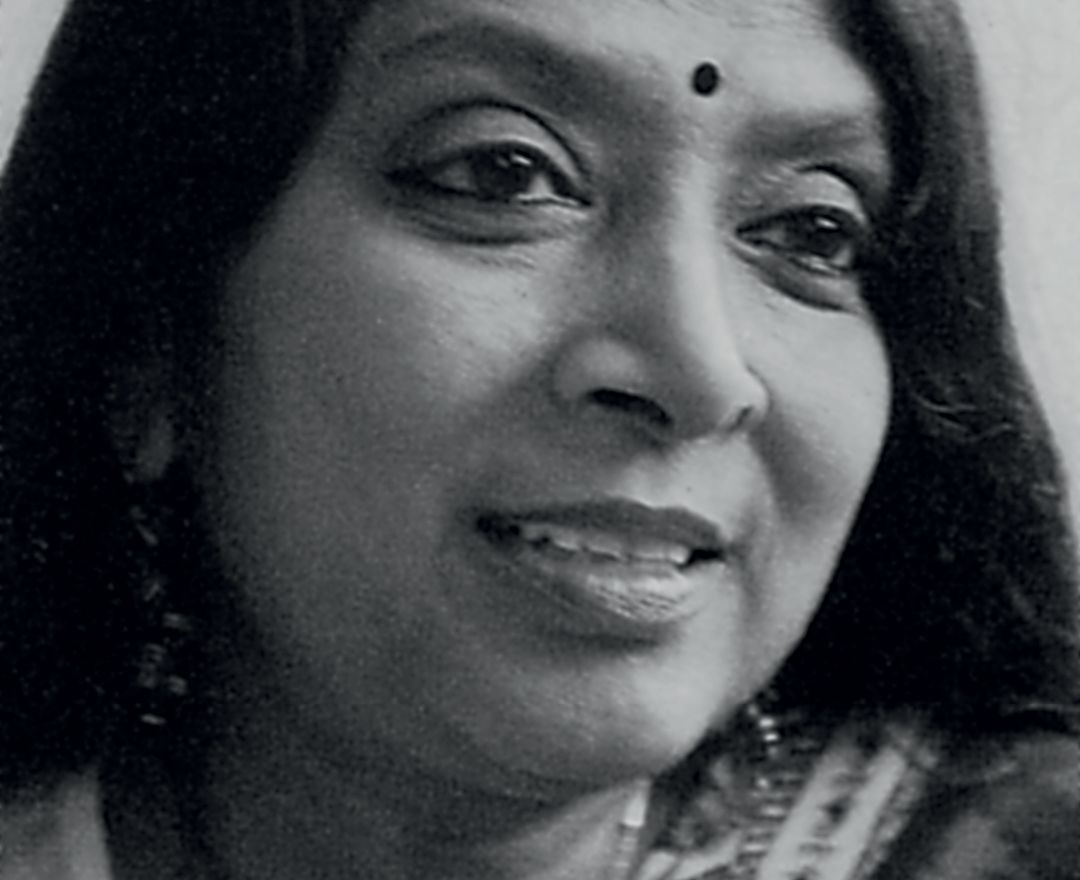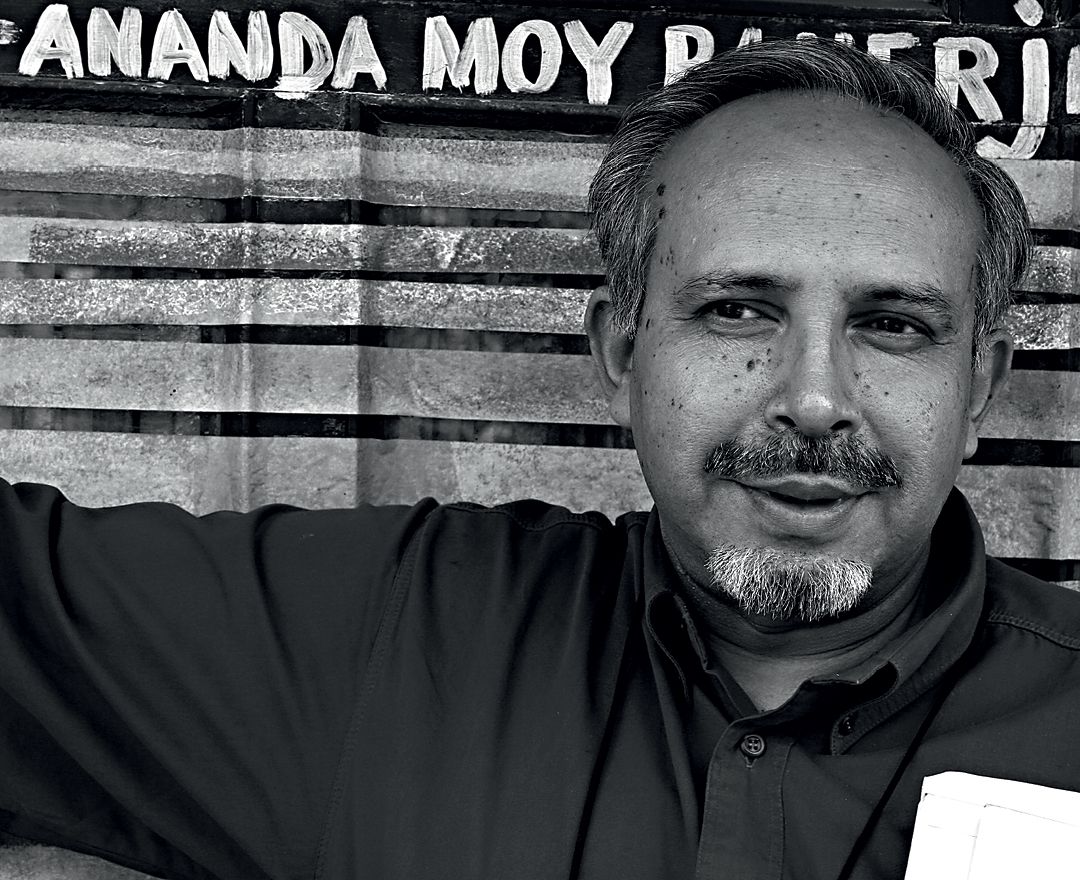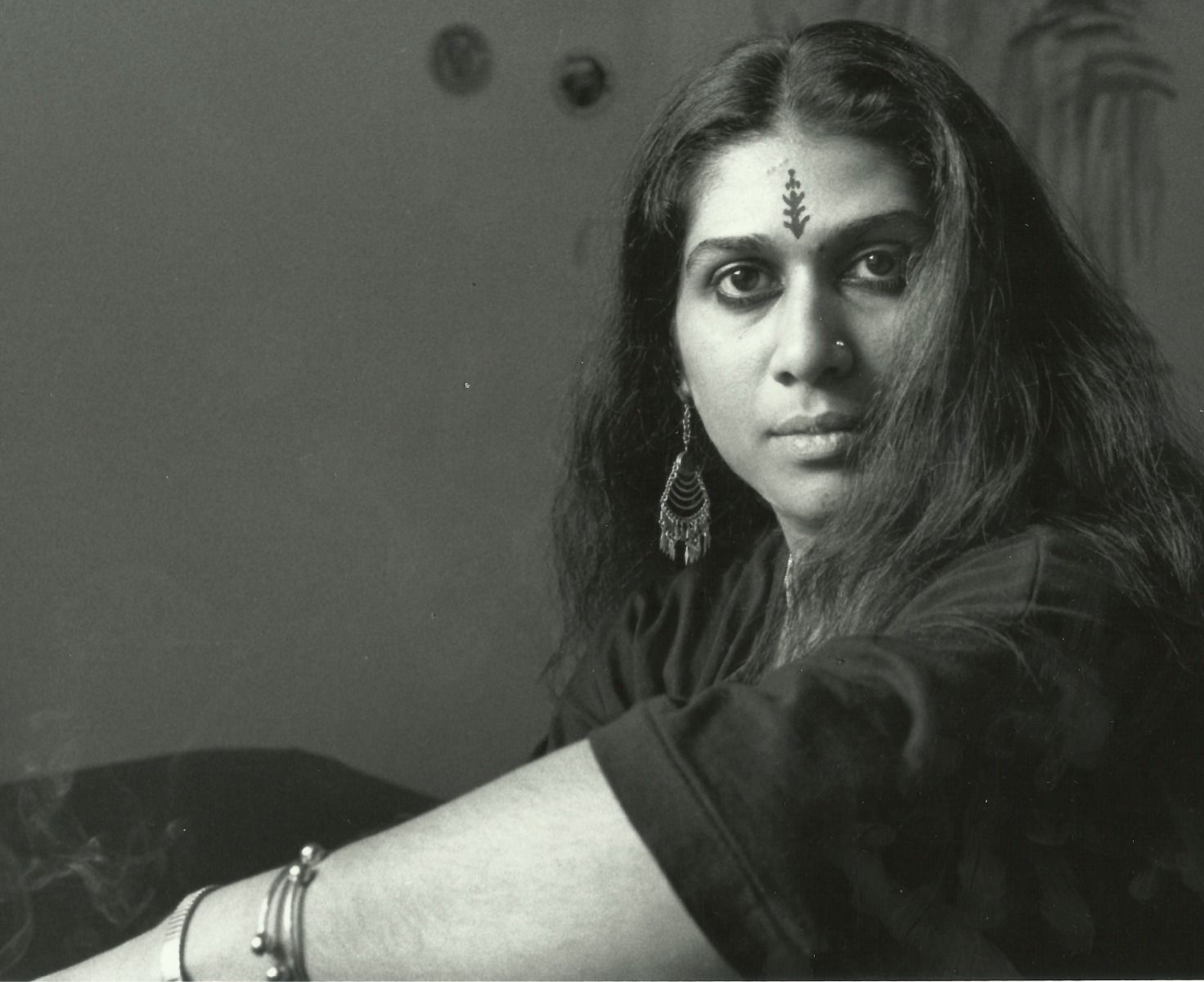Vasundhara Tewari Broota
Vasundhara Tewari Broota
Vasundhara Tewari Broota
|
b - 1955 Vasundhara Tewari Broota |

‘In foregrounding nature rather than culture, she suggests the natural progression of the female state from the girl child to the young woman to the mature post maternal body, that reveals the marks of its exhaustion, even as it becomes a site for resistance’
GAYATRI SINHA
artworks
dag exhibitions
|
‘Ways of Seeing: Women Artists | Women as Muse’ |
|
DAG, New Delhi, 2021 |
notable collections
|
National Gallery of Modern Art, New Delhi |
|
Lalit Kala Akademi, New Delhi |
|
Sahitya Kala Parishad, New Delhi |
|
Bharat Bhavan, Bhopal |
|
Government Museum and Art Gallery, Chandigarh |
|
The Glenbarra Art Museum, Himeji |
|
Chester and Davida Herwitz Collection, Peabody Essex Museum, Salem |
|
San Francisco Museum of Modem Art, San Francisco |








